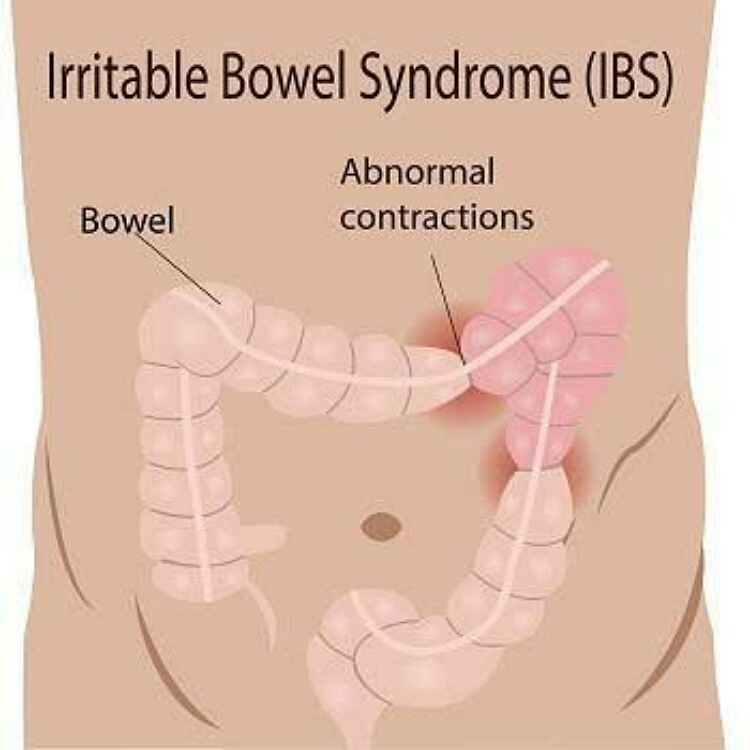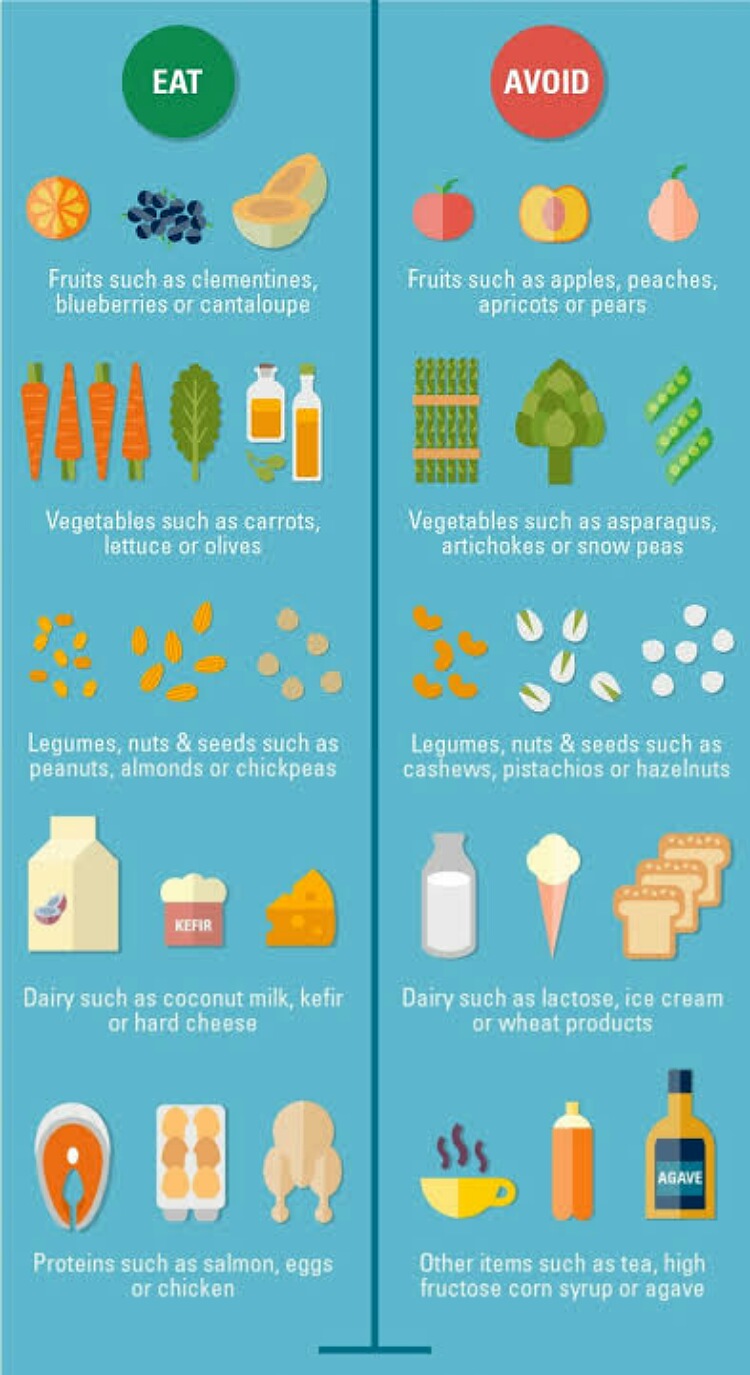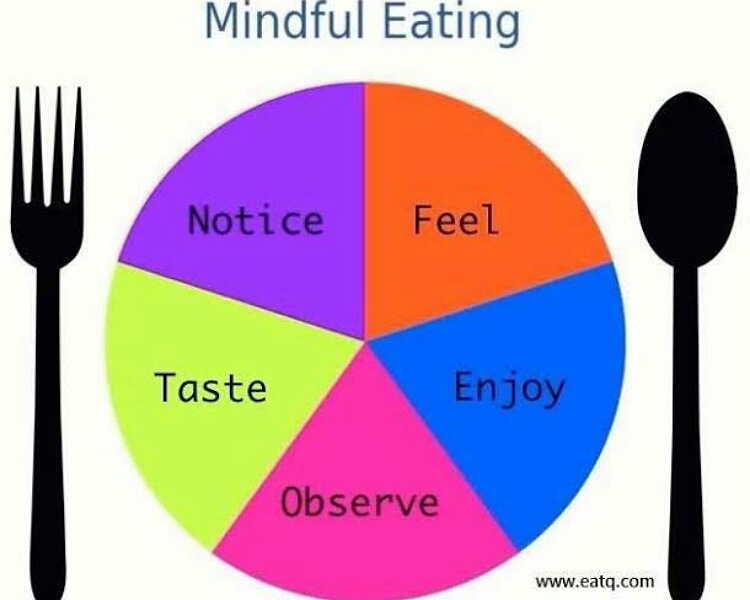IBS or irritable bowel syndrome is a common gut problem that is seen especially in women. It is an extremely uncomfortable condition and it could lead to distress as well as mood changes. But dietetic advice can help overcome it smoothly. Nutritionist Rhian Stephenson offers some useful tips on how to find relief from this disease and mitigate the sufferings.
IBS or irritable bowel syndrome
IBS or irritable bowel syndrome affects ten to twenty percent of people in the UK. Women are the major patients and sufferers. Their symptoms vary in severity and can be mild to severe. The person gets abdominal cramps, has uneasiness, bloating, loose motions and/or constipation. Rhian Stephenson is the founder of Artah.

The nutritionist says:
“There’s no specific diagnostic test to confirm you have IBS,”
“Rather, it’s diagnosed by a process of exclusion from other conditions that present with similar symptoms, such as an infection, coeliac disease, Crohn’s disease and ulcerative colitis. It rarely appears out of nowhere – chronic antibiotic use, infection, medications, environmental factors, a stressful or emotional event, poor diet and food intolerances/sensitivities can all cause symptoms that fall under the IBS umbrella.”
Management of IBS
There are some drugs that provide relief from the condition. They can treat symptoms but cannot cure the disease. Dietary and lifestyle changes can do wonders in the management of the disease. Rhian explains:
“Identifying food triggers can take time but it’s a good way to manage symptoms,”
“The first step is to start using a symptom tracker to identify patterns and see if there is a specific food or situation that is causing a reaction – because food intolerance or sensitivity can manifest as IBS, elimination diets can also be helpful in finding the root cause.”

The common triggers are gluten, dairy, soy, eggs, peanuts, or corn. Advice is to eliminate them and reintroduce them gradually to know the culprit. This will help avoid unnecessary elimination of important nutritious foods that might not be the trigger for a particular patient.
Mindful eating
Rhian opines that equally important in this management is mindful eating. One should chew your food well. And eat with focus. Concentrate on the eating process. Remove all distractions such as TV, reading etc. This type of mindful eating gives satiety and also saves our gut. Rhian added:
“Mindfulness isn’t just about stress management, it’s also key to notice how you’re eating your food,”
“Are you eating on the go, rushing your meals, eating with distraction, or barely chewing? All of these things have an impact. Chewing thoroughly can help to reduce bloating, gas and digestive discomfort.”
Read here: What is low-FODMAP diet? Uses, success rate, diet plan, and dangers!

Artah is a company that complements nutrition. Its website states:
“We offer effective, efficient, evidence-based supplements and nutrition programmes, designed to help you feel your best and achieve your goals. In short, everything we do is to optimise everything you do.”
It has a 28 reset plan for IBS.
